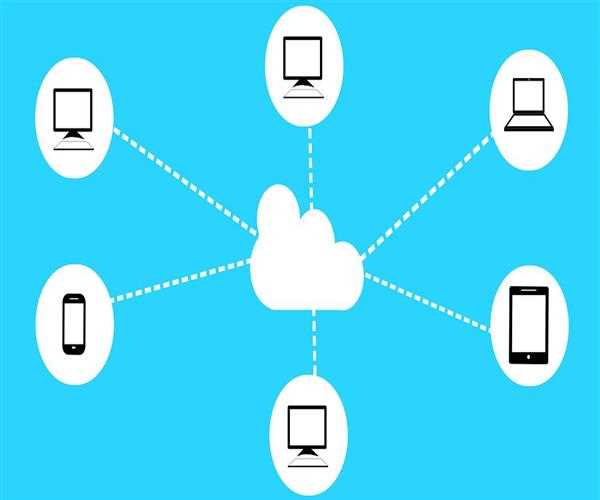Global Markets Insights Inc. Accordingly, the value of the healthcare cloud computing industry will reach $ 55 billion by 2025. In addition to scalability and storage, today's healthcare businesses are increasingly attracted to cloud technology because of its contribution, reach, capability, and cloud technology. Security, to name a few. Since the cloud is associated with HIPAA compliance and provides personalized and remote patient care, the benefits of cloud computing in health care have doubled.
Keeping other business needs in the loop, 'quality' has become a cornerstone for modern healthcare companies. For future health care professionals, cloud computing technology is far more than a prime choice. There are many factors to consider, from ever-increasing operating costs, infrastructure costs, strict regulatory compliance, and security issues to real-time information sharing, hassle-free communication, 24 * 7 access, and more.
In the healthcare industry, there are five major benefits/advantages of cloud computing.
Tech-savvy healthcare professionals are turning to cloud computing for all purposes to successfully manage the demands of companies and patients. Cloud computing has transformed the entire healthcare sector into health tech, thanks to its on-demand availability, Internet-based services, and high data availability.
Cloud computing is being used in healthcare.
1. Collaboration: Sharing cooperation brings help. Thanks to cloud computing, data sharing has become much simpler and easier. Designed to keep healthcare information private, the cloud allows the secure exchange of data in real-time with all key health care stakeholders, including physicians, nurses, and caregivers.
They can share and view medical reports and information remotely anytime, anywhere. Remote conferencing, health care breakthroughs, and rapid updates on patient status are all made possible by the cloud, making it an ideal partner for health care practitioners.
2. Privacy: Health care information should be kept confidential. Because this domain contains large amounts of data, it attracts malicious people, resulting in security and data breaches. Security is guaranteed because the cloud network has security measures that can alert you about any suspicious activity.
Because it acts as a cloud data repository, cloud service providers such as AWS and Azure take extra care to comply with privacy regulations such as HIPAA and GDPR. Various security technologies are used by these service providers, including network fireball and customer-controlled encryption, making it the most secure and most reliable solution.
3. Cost: The cloud can store huge amounts of data at a very low cost. Cloud computing uses the payment and subscription model, which means you only have to pay for the services you use.
Cloud technology can significantly reduce your internal infrastructure and other maintenance costs by moving IT costs from Capex to Opex. Smaller hospitals on a limited budget will be able to adopt a cloud-based approach as a result.
4. Speed: Before deciding on a technology, speed is an important factor to consider. Cloud-based solutions can update and improve their capabilities at a respectable rate with minimal effort and get real-time updates on any data you need.
The benefits of cloud computing in healthcare include unmatched speed and availability of information, which can help address barriers faced by industry stakeholders and patients. Cloud helps in clinical trial management and knowledge sharing and this futuristic technology has changed the scope of clinical research.
5. Scalability and Flexibility: Healthcare companies operate in fast-paced settings. Enables healthcare technologies such as cloud electronic medical records, mobile apps, patient portals, IoT devices, and big data analytics. This allows for easy scalability and flexibility, which ultimately aids in the decision-making process.
In addition to providing 24x7 availability, healthcare providers need to adequately increase their data storage and network needs to meet the demands of their services. Cloud technology can increase or decrease these storage requirements depending on the demands of healthcare practitioners.
Since cloud migration can fundamentally disrupt your standard data management practices, health care providers should plan for changes. Cloud migration planning not only reduces risk but also reduces idle time, protects against data breaches, and increases productivity.




Leave Comment